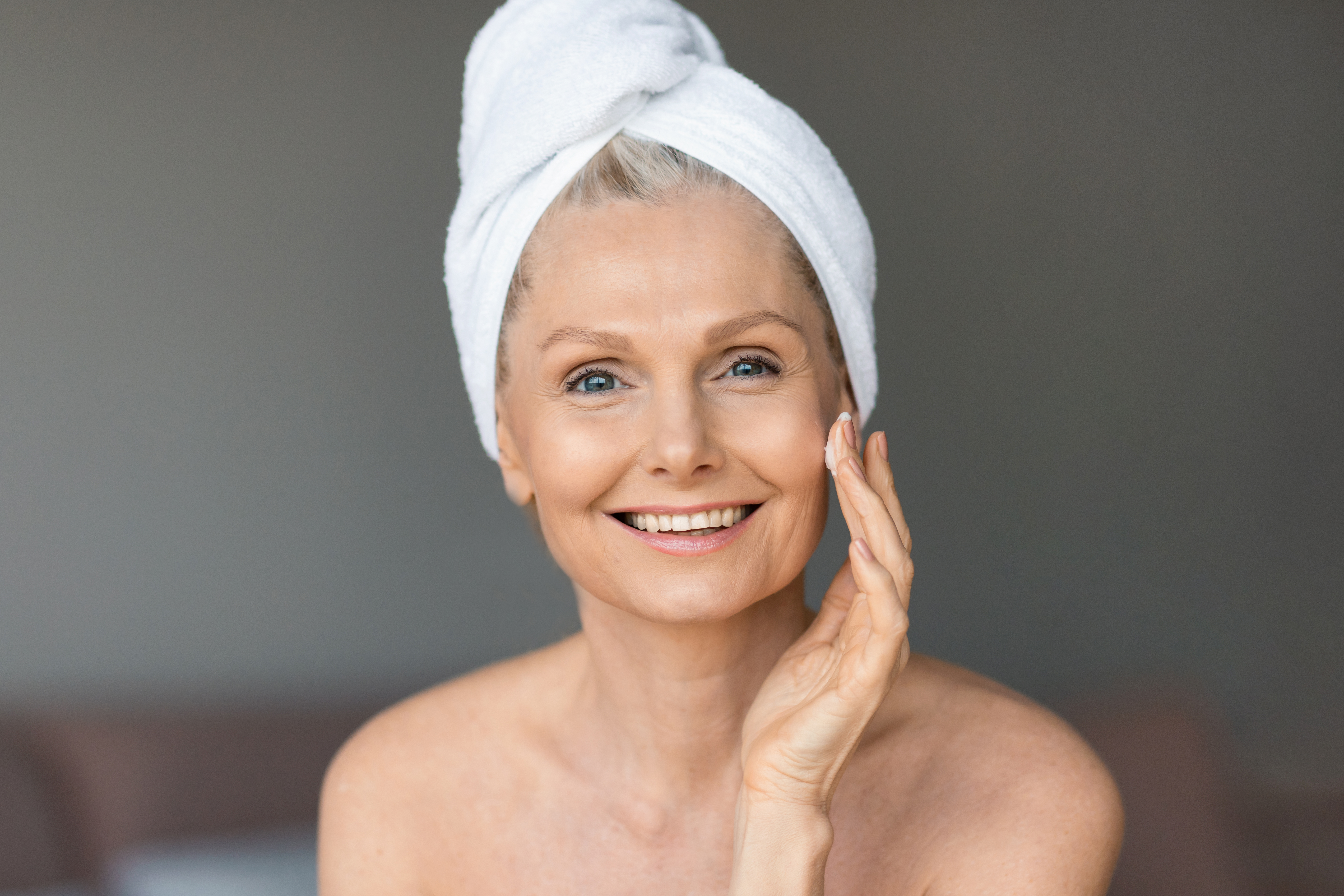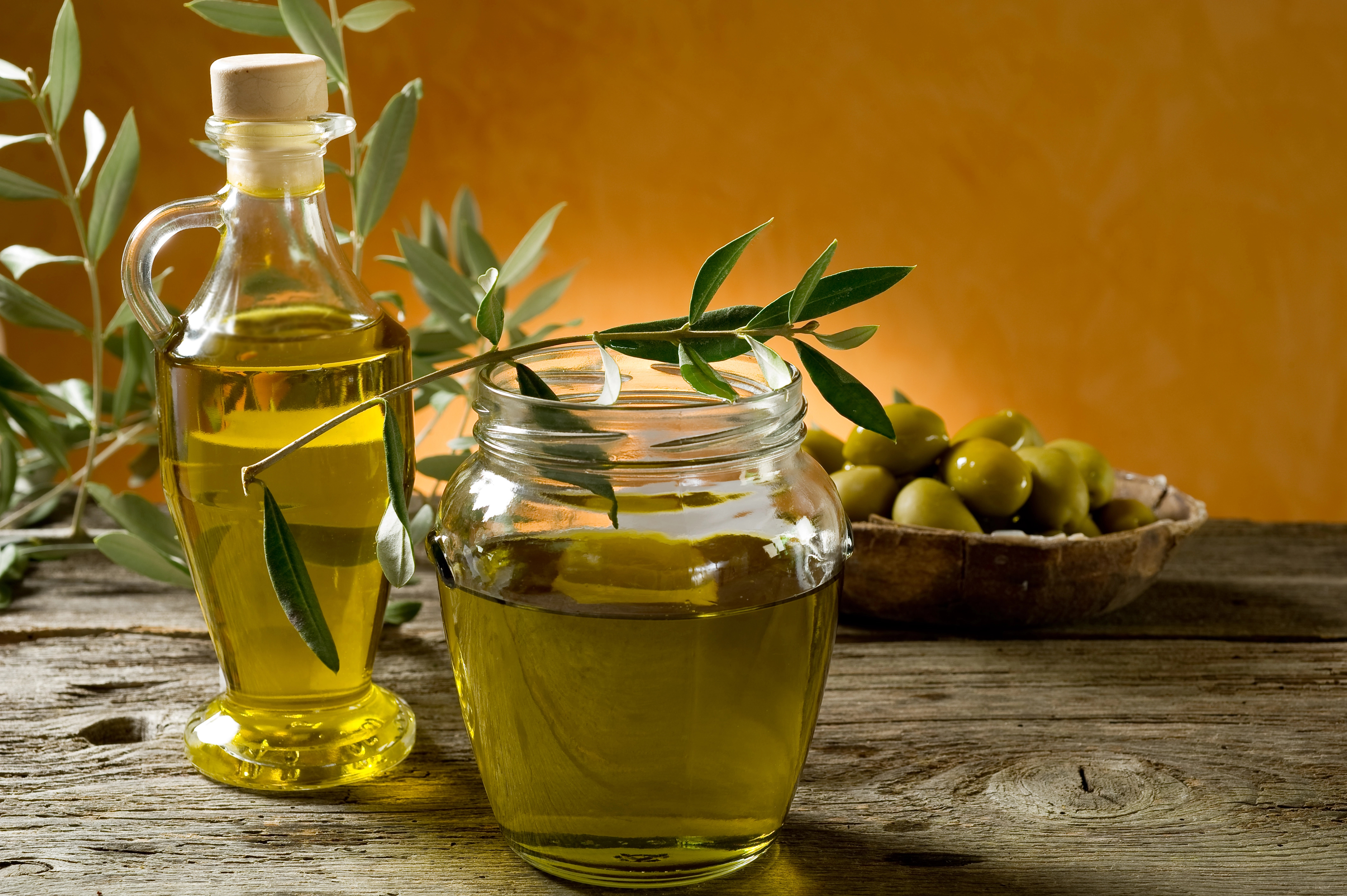Cyprus is awash with olive trees. The benefits of the olives’ polyphenols show promising skin benefits a new study finds
By Nicolas Netien
Olive trees have been abundant in Cyprus since Neolithic times and while the benefits of olive oil for the skin were understood by ancient civilisations, they have been validated by a new study. It has now been shown it can significantly reduce wrinkles and improve skin elasticity. A recent study published in the Medicina journal highlighted the remarkable benefits of olive polyphenols, particularly oleocanthal, for skin health, marking a significant advancement in dermatological science.
Researchers found that oleocanthal has potent anti-inflammatory and antioxidant properties. The study showed a consistent trend of wrinkle reduction among participants who used oleocanthal-rich formulations. These findings offer promising implications for the cosmetic industry, particularly producers of high-phenolic olive oils, who now have a new avenue for their products.
“We observed that oleocanthal can penetrate the skin’s layers and help in rejuvenating skin cells, reducing oxidative stress, and diminishing the signs of ageing,” one of the lead researchers Dr Maria Gonzalez said. “This positions olive polyphenols as a potent natural ingredient for anti-ageing cosmetics.”
Historical use of olive oil for skin
The use of olive oil for skin care dates back thousands of years. Ancient Egyptians, Greeks and Romans prized olive oil for its moisturising properties. Cleopatra is said to have used olive oil as part of her beauty regimen, and the oil was a staple in the baths of Roman emperors.

Throughout the centuries, olive oil has maintained its status as a valuable skincare ingredient due to its natural emollient properties, which help to hydrate and soften the skin. Its rich content of vitamins E and K, and its fatty acids, contribute to its effectiveness as a moisturiser and a protector against environmental damage.
Modern science validates ancient wisdom
Modern scientific research is now validating these historical uses, proving that olive oil’s benefits extend beyond basic moisturisation. Studies have shown that the polyphenols in olive oil can protect against UV radiation, reduce the risk of skin cancers, and even promote wound healing. Oleocanthal, in particular, has been shown to have powerful anti-inflammatory effects, similar to those of ibuprofen, making it beneficial for reducing skin inflammation and irritation.
Emerging trends in the cosmetic industry
The cosmetic industry is increasingly recognising the potential of high-phenolic olive oils. Brands are beginning to formulate products specifically designed to leverage the benefits of olive polyphenols. These range from anti-ageing creams to serums and face masks.
“High-phenolic olive oil represents a new frontier in natural skincare,” says Oleaphen’s Elena Christoforos. “Our commitment to research and quality ensures that our products deliver the maximum benefits of these powerful antioxidants.” Oleaphen in Cyprus has been at the forefront of research and product innovation, developing a range of high-phenolic olive oil products that harness the power of these natural compounds to improve skin health.
Christoforos adds that increased interest has created a new market for her niche Cypriot high-phenolic olive oil. “In my Cypriot family, olive oil was always used on the skin. I always knew how effective it was. Now, I am happy that science is proving me right.”
According to Christoforos, this scientific validation has not only boosted the credibility of her products but has also opened up new business opportunities. “We are now able to market our oils not just as culinary delights but as premium skincare ingredients, attracting a whole new segment of customers.”
The future of high-phenolic olive oil in skincare
The ongoing research and growing consumer awareness about the benefits of natural ingredients are likely to drive further innovation in this area. As more studies confirm the efficacy of olive polyphenols, we can expect to see a broader range of products that cater to various skin concerns, from anti-ageing to anti-inflammatory and protective formulations.
The beneficial effects of olive polyphenols, particularly oleocanthal, for skin health represent a significant breakthrough. This ancient ingredient is now being recognised for its deeper dermatological benefits. As the cosmetic industry continues to innovate and expand its use of high-phenolic olive oils, consumers can look forward to more natural and effective skincare solutions that harness the power of olive polyphenols.
This new research underscores the potential of integrating traditional ingredients with modern science, paving the way for a future where natural compounds play a pivotal role in skincare. With ongoing studies and increasing consumer interest, the use of olive polyphenols in cosmetics is poised to become a major trend, benefiting both producers and users alike.
Nicolas Netien is an environmental engineer, specialising in agroecology and permaculture design, based in Cyprus







Click here to change your cookie preferences